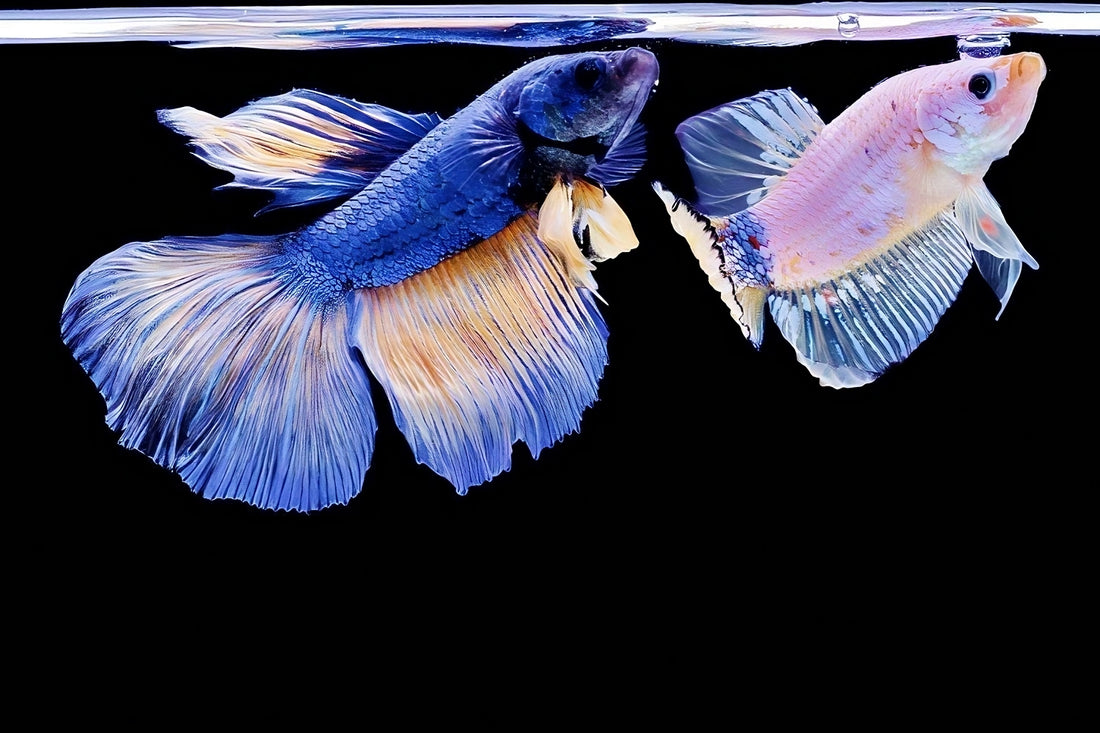Top 5 Effective Tips for Caring for Long Hair Guinea Pigs in 2025
Having a long hair guinea pig can be an incredibly rewarding experience. Besides their luscious fur, they possess unique personalities that make them delightful companions. This article will provide you with essential tips for maintaining the health and happiness of your furry friend, ensuring that their needs are met regarding grooming, diet, habitat, and overall care. Let’s delve into the top five effective tips for caring for long hair guinea pigs!
1. Grooming Your Long Hair Guinea Pig
Regular grooming is pivotal in maintaining a healthy coat for long hair guinea pigs. These adorable creatures, with their flowing fur, require consistent attention to prevent matting and tangles. The frequency of grooming should ideally be at least once a week, although daily grooming is necessary if your pet is particularly prone to tangles. Utilizing the right grooming tools, such as a fine-toothed comb and slicker brush, can make the task easier and more effective. Always be gentle to avoid hurting your guinea pig while combing through their fur.
Essential Grooming Tools
To effectively groom your long hair guinea pig, invest in several essential tools. A high-quality slicker brush is invaluable for removing loose hairs and preventing matting. Nail clippers are equally necessary for maintaining their paw health. Regular trimming will prevent overgrown nails, which can lead to discomfort. Additionally, keep some grooming wipes handy for quick clean-ups to maintain optimal hygiene, especially in warmer months when they may sweat more.
Signs Your Guinea Pig Needs Grooming
It's essential to understand the signs that indicate your guinea pig requires grooming. If you notice excessive shedding, mats forming in their fur, or a change in their behavior indicating discomfort, it might be time for a grooming session. Long hair guinea pigs may also exhibit signs of irritation if they are not groomed regularly, showcasing the importance of a solid grooming routine.
2. Optimal Nutrition for Long Hair Guinea Pigs
A well-balanced diet that caters to long hair guinea pigs' specific needs is crucial for their health. Their diets should primarily consist of hay, fresh vegetables, and high-quality pelleted food formulated for guinea pigs. It's essential to provide a consistent feeding schedule to keep them healthy and happy. Ensure the food is rich in vitamin C as guinea pigs cannot synthesize this vitamin on their own.
Recommended Food Items
Some great food items for long hair guinea pigs include leafy greens like kale, romaine lettuce, and cilantro. You can also introduce small amounts of fruits like apples and oranges as treats. Be cautious, however, to avoid feeding them any fruits with high sugar content too frequently, and always wash fruits and vegetables thoroughly before serving.
Understanding Their Dietary Needs
To provide the best dietary support for your long hair guinea pig, consult reliable resources for nutritious options. Guinea pigs are herbivores, and their digestive systems benefit from high fiber diets. Provide unlimited hay, as it's the most crucial part of any guinea pig’s diet. Always make sure that clean, fresh water is available to them at all times. Their dietary needs are vital for their health and bonding with their owners, underscoring the need for knowledge and proper care.
3. Creating a Comfortable Habitat
Long hair guinea pigs thrive in a secure, clean, and spacious living environment. They need a habitat that accommodates their natural behaviors and provides them with ample room to roam, explore, and exercise. Adapting your habitat with safe bedding options, such as carefresh bedding or fleece liners, enhances their comfort and well-being.
Housing Requirements
When setting up a habitat for your long hair guinea pig, ensure the cage has a minimum size of 7.5 square feet for a pair of guinea pigs. The enclosure should be well-ventilated and should include various enriching items such as tunnels, hideouts, and chew toys. Incorporate levels or shelves in the cage so they can climb, simulating their natural environment.
Enhancing Social Interaction
Long hair guinea pigs are social creatures and benefit immensely from socialization. Consider having more than one to improve their quality of life or dedicate time each day to interact and play with them. This not only keeps them active but fosters strong bonds between you and your pets. Incorporating some interactive pet care routines into your daily schedule will ensure they have emotional and physical stimulation.
4. Regular Health Checks
Routine health checks are necessary to catch any potential issues early on. Just like any pet, long hair guinea pigs are susceptible to various health conditions that may arise if not monitored closely. Regularly check for symptoms indicative of common health issues, such as changes in appetite, unusual behavior, or changes in fur condition.
Common Health Issues
Common health problems among guinea pigs include respiratory issues, scurvy due to Vitamin C deficiency, and dental problems. Consulting with a veterinarian who specializes in small animals, particularly one experienced in guinea pig health, is advisable for regular check-ups and specific health concerns. Establishing a relationship with your vet will also help if you face any unexpected illness down the line.
Understanding Behavioral Changes
As a pet owner, it's essential to recognize behavioral changes in your long hair guinea pig, which can signal health problems. Monitoring guinea pig behavior closely will help catch warnings such as lethargy, reduced activity, or unusual vocalizations. Prompt attention in these situations can make a significant difference in your pet's recovery and overall health.
Key Takeaways
- Regular groomings using appropriate tools are essential for long hair guinea pig care.
- Maintain a balanced and nutritious diet to support their health and well-being.
- Provide a spacious and enriching habitat for optimal living conditions.
- Conduct regular health checks to catch any signs of illness early.
- Build a strong bond through interactive play and socialization.
FAQ
1. How often should I groom my long hair guinea pig?
You should groom your long hair guinea pig at least once a week. However, daily grooming can prevent matting and keep their fur healthy, especially if they have fine hair that easily tangles.
2. What is the lifespan of a long hair guinea pig?
The average lifespan of long hair guinea pigs ranges between 4 to 6 years, although they can live longer with proper care, including good nutrition, regular vet visits, and a stress-free environment.
3. Can long hair guinea pigs live alone?
While long hair guinea pigs can live alone, they are social animals and thrive better in pairs or groups. Having companions saves them from loneliness and provides them with the social interaction required for a healthy life.
4. What should I include in a long hair guinea pig's diet?
A well-rounded diet includes unlimited fresh hay, specially formulated pellets high in Vitamin C, and a variety of fresh vegetables. Occasional fruits can be introduced as treats but should not replace their main diet.
5. How can I tell if my long hair guinea pig is sick?
Watch for changes in appetite, excessive lethargy, unusual vocalizations, or signs of distress such as hiding or aggressive behavior. Any drastic changes should prompt a visit to the vet for professional advice.


